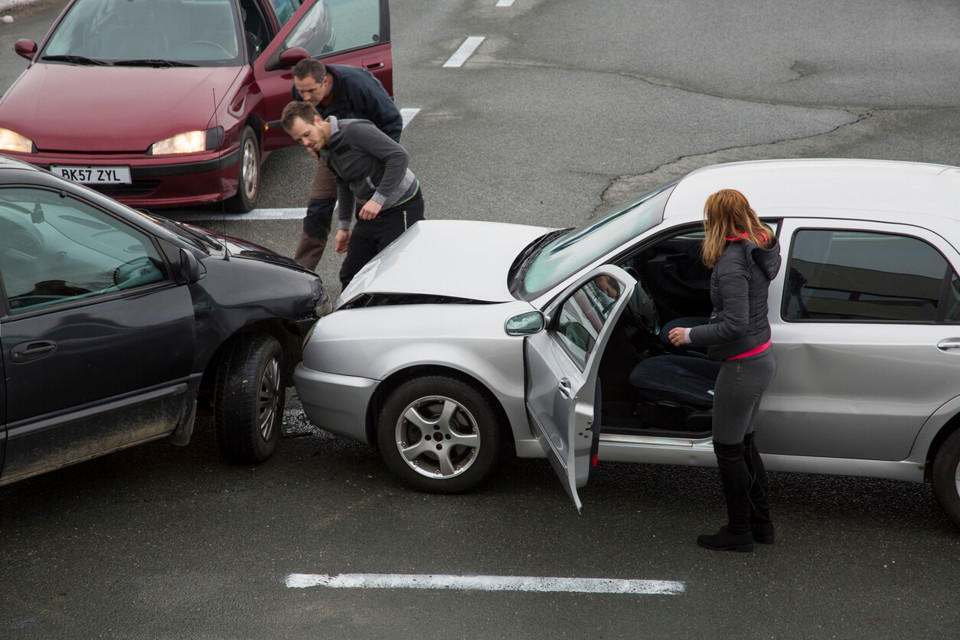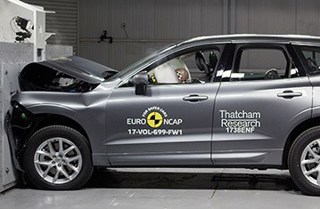All new cars sold in Europe should be fitted with a range of life-saving technologies as standard, including automated emergency braking, intelligent speed assistance and seatbelt reminders in all seats, says the European Parliament.
Safety campaigners say the technologies could be as important as the seat belt, but action is needed now because it will take years before the majority of cars on the roads have the technology.
The resolution was authored and approved by the Parliament’s Transport committee last month, but this week was given backing from the full Parliament. The European Commission is expected to publish its final legal proposals for revised vehicle safety standards by March next year. Those plans would then need to be approved by EU member states and the Parliament.
Mandatory safety standards for new cars sold on the European market have not been updated since 2009.
The European Parliament’s report backs a range of new safety measures for cars and vans, as well as new requirements for lorries including direct vision requirements to improve visibility of pedestrians and cyclists, particularly in urban areas.
Antonio Avenoso, executive director of the European Transport Safety Council (ETSC), said: “These new vehicle safety measures are the EU’s best hope for restarting progress on road safety in Europe. But they will take several years to take effect and even longer before the majority of cars on our roads all have these features.
“After several years of foot dragging, it is now absolutely critical that the European Commission publishes its proposals without any further delay.
“Making these proposed technologies mandatory could be as important as the introduction of the seat belt in safety terms, so we want to thank MEPs for taking such a positive stance on this issue.”
Carmakers in the United States have voluntarily agreed to fit automated emergency braking as standard by 2022, the feature is already offered either as an option or as standard on many vehicles in Europe. ETSC is calling for systems that can detect vulnerable road users such as cyclists and pedestrians to be fitted.
Intelligent Speed Assistance, an overridable technology that helps drivers keep to the current speed limit is already offered by several manufacturers in Europe including Ford, Honda, Mercedes-Benz, Peugeot-Citroen, Renault and Volvo.
Presenting the European Commission’s future plans to MEPs, the Commissioner for Transport Violeta Bulc called Intelligent Speed Assistance a “ground-breaking” technology and said, “the EU will absolutely be at the front run of car safety when these safety measures are put into effect”.
Thatcham Research’s chief executive Peter Shaw said: “We fully support the European Parliament in its call for standard fitment of key car safety technologies like Autonomous Emergency Braking (AEB). The imperative now is for the European Commission to publish its proposals and to enshrine it in a binding agreement supported by the UK Government.
“Autonomous Emergency Braking can lead to a 38% reduction in real-world, rear-end accidents, but with just 30% of new vehicles currently on sale in the UK having AEB as standard, it seems that only through legislation will we be able to ensure that lifesaving technologies such as AEB or speed adaptation systems will become standard.”






















Login to comment
Comments
No comments have been made yet.